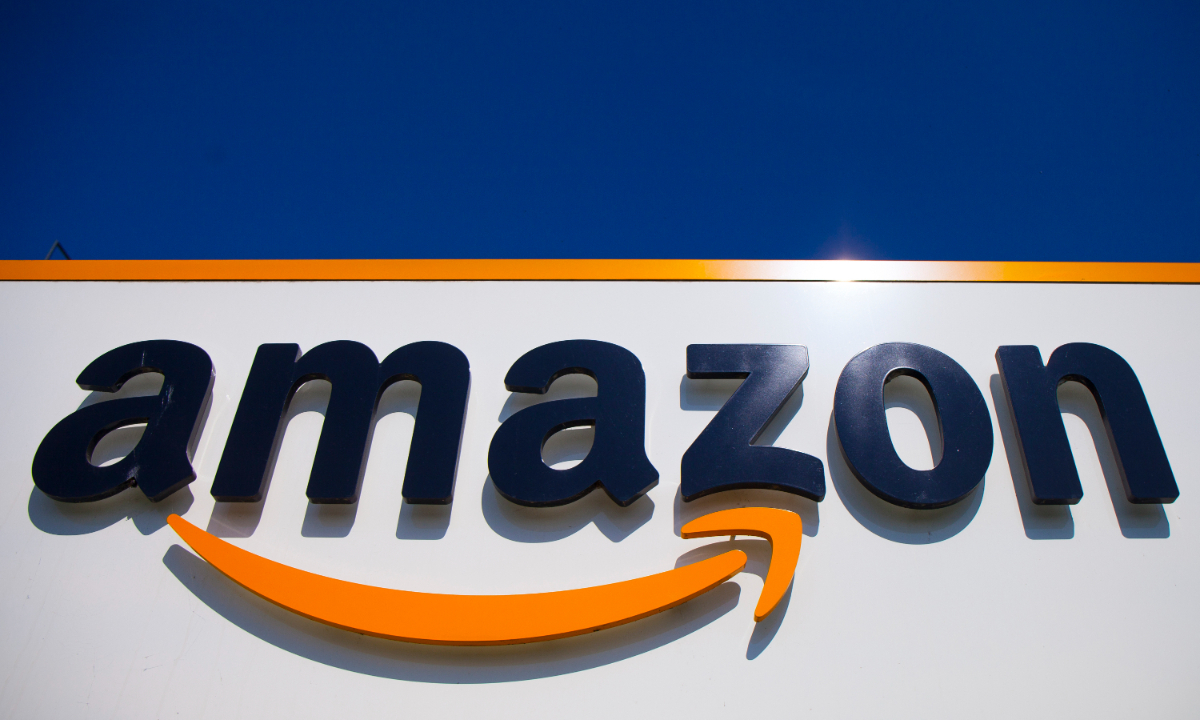Microsoft says it plans to integrate retails channels in Chinese mainland to better meet consumer demand: spokesperson

Microsoft Photo: VCG
US tech-giant Microsoft reportedly said on Monday that it plans to integrate channels in the Chinese mainland to meet dynamic client demand, in response to claims on social media that the company is closing all authorized offline stores in the mainland.
A spokesperson from the Microsoft told the Global Times via email on Tuesday that Microsoft continually assesses its retail strategy to meet the evolving needs of their valued customers and they have made the decision to focus their channel approach in Chinese mainland.
Customers will still have access to the full breadth of their consumer products and services through retail partners and Microsoft.com, the spokesperson added.
Analysis indicated that the move was to commence "strategic adjustments" to Microsoft's Surface laptop series globally, and the consumer acceptance of the Surface laptop has been declining, according to the jiemian.com report.
Some Chinese net users posted on social media platform Xiaohongshu that Microsoft plans to close all of its offline authorized stores in the Chinese mainland and will only retain its self-operated official online store and official online stores on Chinese e-commerce platform JD.com.
A staff from Sundan, a Chinese electronics retailer, told the Global Times on Monday that customers can still visit Microsoft hardware offline at the store.
Microsoft's sales model in the Chinese mainland market cannot generate sufficient profit that can cover the necessary investment, and it is not related to Chinese spending power or market performance, Liu Dingding, a veteran industry observer, told the Global Times on Monday.
"Aside from strong consumption momentum in the Chinese mainland market, developed e-commerce system and logistic network can meet Microsoft's retail demand of its hardware products which is the minority of its business," said Liu, adding that neither the Chinese consumers nor the company will be affected after the adjustment.
Analysts said Microsoft's move does not represent the general sentiment of US companies operating in China. For example, Apple on Friday launched Vision Pro - its highly anticipated augmented reality (AR) device - in China, one of the first countries outside of the US.
In addition, US multinational food and beverage company PepsiCo recently broke ground on its first food production base in Xi'an, Northwest China's Shaanxi Province.
The new facility, with a projected total investment of $180 million, marks PepsiCo's fifth major investment in China over the past five years, according to the Xi'an provincial government.
Global Times



